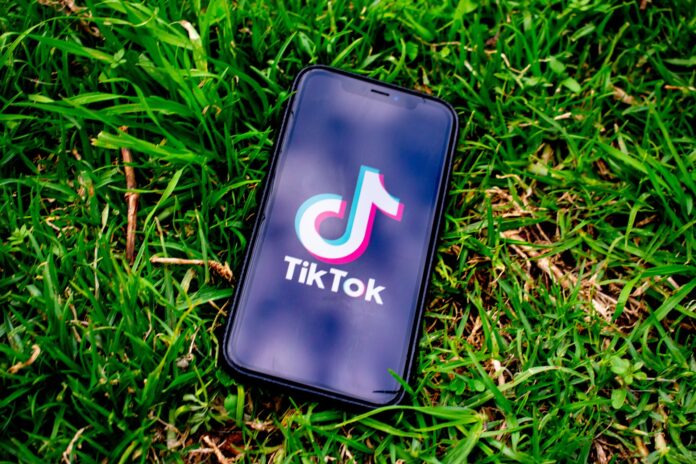Mark Warner’s Anti-TikTok Algorithm
A candid conversation with the chair of the Senate Intelligence Committee on the Ukraine leak, his proposed social media legislation, Putin, Xi, and Elon Musk.
I also wanted to talk to you about TikTok, which has faded from the headlines a bit. Is your concern with TikTok more about the privacy aspect or its ability to influence Americans?
Let me first of all state that I have concerns about a lot of social media. I have concerns about the fact that we don’t have a privacy bill in this country. I’m concerned that we’ve not had a meaningful debate about Section 230 reform. And I’m amazed that we still haven’t even been able to pass data portability and interoperability reforms. I had our friends from the U.K. in here ten days ago as they’re starting to implement their children’s online safety legislation; the fact that we’ve done none of that is of huge concern to me. Whatever we do on the RESTRICT Act doesn’t mitigate the need we have across platforms, domestic and otherwise.
Number two: the genesis of this legislation comes from the very ad hoc approach that this country has taken over the last number of years—you know, Kaspersky, Huawei, ZTE, and now TikTok. Ironically, the approach we have taken actually builds upon a Trump executive order that the Biden administration then continued. But it starts with the premise that we need a rules-based approach that looks at the national security implications of foreign technology from six designated countries. It’s not a group of countries that we pick. These are countries that are already defined by law as potentially adversarial. That would give the Secretary of Commerce a set of mitigation tools that could involve lesser options. If our bill becomes law, TikTok will still have its day court. Matter of fact, there’ll be an even greater burden on the intelligence community to disclose rationales about why this falls into the national security category.



